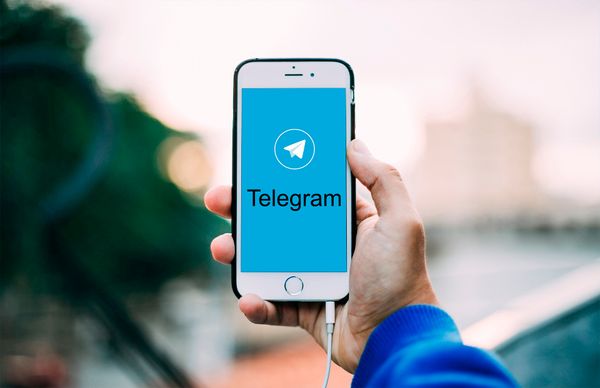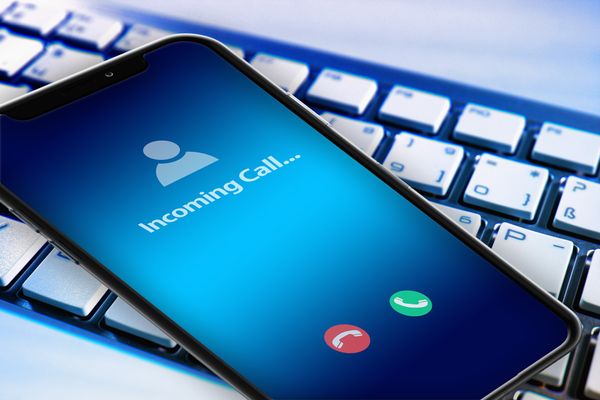Handling Pandemic Burnout While Balancing Digital Lifestyles and Cybersecurity

We're 15 months into the pandemic, and although many have learned to embrace work-from-home and social distancing measures, the struggles of isolation and lack of social contact have carved deep wounds into our psyche.
Stuck at home with limited social interactions, individuals have found refuge online, spending hours in front of their screens. People go online to work, keep in touch with family and friends, study, shop, entertain themselves, and even visit the doctor.
In a matter of days, the pandemic-induced transformations spread to the work environment, forcing millions of people to say goodbye to their office building, friends and coworkers. Although this sudden break from daily routines and shift to the digital world might have seemed a life-saving solution, the shortcomings of the work-from-home environment have taken their toll on the remote-working population.
Balancing work and family life can be difficult, especially when individuals can't draw a clear line between the two. Pandemic burnout is rampant among remote workers, and although it can occur at any workplace and industry, this chronic state of exhaustion ultimately leads to the reduced ability to do one's job, connect with others and function normally.
"Pre-pandemic burnout in a large US company was around 42%," Bitdefender Behavioral Analyst Nansi Lungu explains. "But now, the data shows it's gone up to 79%. The effects seem to be everywhere. Burnout seems to have a significant tendency to increase. It's very normal, because you don't really know how to draw the lines anymore ."
Helping millions cope with conditions of the new normal, the digital world has become an indispensable tool that continues to develop while both hurting and helping society. The Internet seems to be the indispensable medium in which we live, and at the same time, it has become an extension of our mind. Our internet-enabled devices are much more than gadgets or pieces of hardware. They have slowly turned into an extension of ourselves, encompassing large volumes of information that in the end make up our real-life and digital selves.
Even if the accelerated digital transformation allowed for a much smoother transition into managing what we now call the new normal, it has also helped nurture an increasingly aggressive cybercriminal community.
Since COVID-19 was declared a pandemic, spikes in online scams, fraud, identity theft, phishing and malware attacks have served as a constant reminder that individuals are waging war on two fronts. This dramatic growth in cybercriminal activity is linked to the overall state of tension, anxiety and fear surrounding the pandemic that has let cybercriminals target vulnerable individuals who are tired enough that they may dismiss red flags.
It's been rough having to adapt to new online habits so suddenly, but help is here.
When remote work and online classes became a thing, the world started focusing on cybersecurity. However, the increased exposure to cyber risks is not limited just to the remote-working population. Awareness campaigns and the adoption of good digital behaviors should follow as we step into a period of relaxation.
We might think we have learned to balance work and free time, but new digital behaviors adopted during this stressful time could have far-reaching impacts on our digital health, and our physical and financial safety.
Adapting to digital trends and keeping up with the latest cyber threats, vulnerabilities and attacks will safeguard personal and financial information from threat actors.
As a reminder to never let your guard down when using your favorite smart device or PC, take a look at some of the most vital tools and practices to remain safe online:
- Practice safe browsing and limit the personal information you share on social media, chat rooms, dating websites and gaming platforms
- Take a minute to analyze whether the correspondence you received via email, text or instant message is genuine
- Be suspicious of too-good-too-be-true offers, get-rich-quick opportunities, cryptocurrency giveaways, online surveys and coronavirus-related merchandise
- Reassess your privacy setting on social media accounts, change passwords regularly and never recycle them
- Use a security solution to protect your devices and consider installing a VPN to ensure that your data and device are not compromised when you shop, travel or dine at your favorite restaurant
- Consider shopping at well-known online stores and brands, and research before attempting to make any purchases from a new website, ads on social media or offers you received via email
We still have a long way to go until we re-establish our peace of mind as we emerge from the health crisis. With a period of relaxation on the horizon, it’s important to start analyzing our behaviors, abandoning harmful and lengthy digital activities that may lead to stress and further burnout.
tags
Author
Alina is a history buff passionate about cybersecurity and anything sci-fi, advocating Bitdefender technologies and solutions. She spends most of her time between her two feline friends and traveling.
View all postsRight now Top posts
Start Cyber Resilience and Don’t Be an April Fool This Spring and Beyond
April 01, 2024
Spam trends of the week: Cybercrooks phish for QuickBooks, American Express and banking accounts
November 28, 2023
FOLLOW US ON SOCIAL MEDIA
You might also like
Bookmarks







